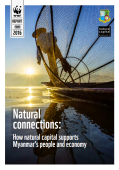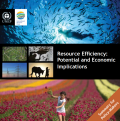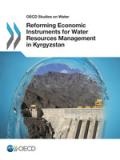
Myanmar’s natural assets – including its forests, soils and coastal waters and the biodiversity they embody – makes up its natural capital, providing critical benefits to the Myanmar people.
Benefits are helping to protect them against natural hazards and ensuring reliable sources of clean water for drinking and irrigation as well as opportunities for ecotourism. The assessment presented in this report shows where and how Myanmar’s natural capital contributes to clean and reliable drinking water sources, reduced risks from floods inland and storms along the coasts, and to maintaining the functioning of reservoirs and dams by preventing erosion. The results highlight areas that provide high levels of ecosystem services, where natural capital provides the greatest benefits to people and infrastructure. The natural capital assessment provided here can support development and management decisions that launch Myanmar on a more sustainable and inclusive path toward economic development.
Stocktaking on Inclusive Green Economy in Central Asia and Mongolia: A Sub-Regional Perspective was produced as part of the United Nations Environment Programme (UNEP) project “South-South Cooperation in Mongolia and Central Asian Countries: Sharing Knowledge on Inclusive Green Economies”. The project aimed to support Mongolia and Central Asian countries in developing their research capacity in the area of Green Economy and Ecological Civilisation and to share this knowledge with decision-makers and technical experts through knowledge exchange between China, Central Asian countries, and Mongolia.


